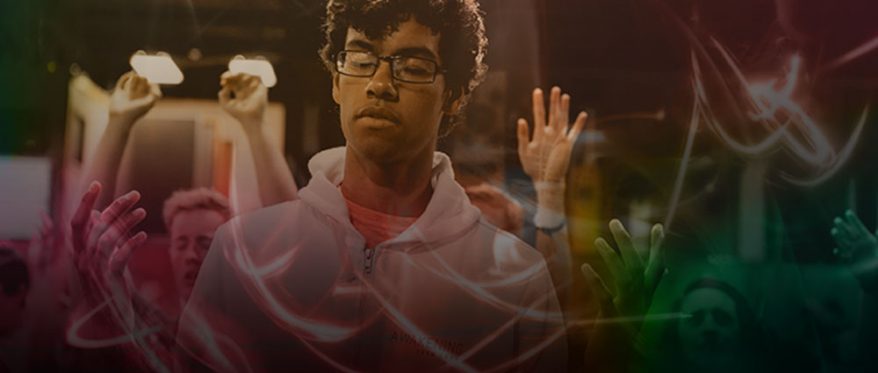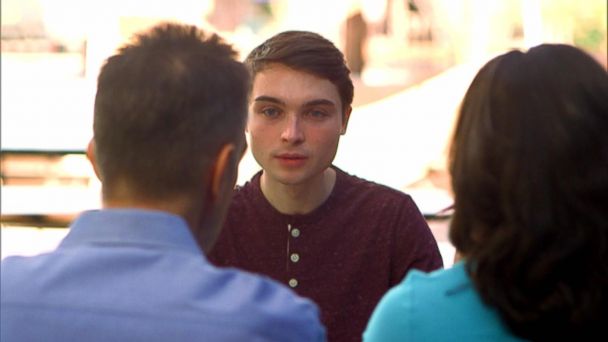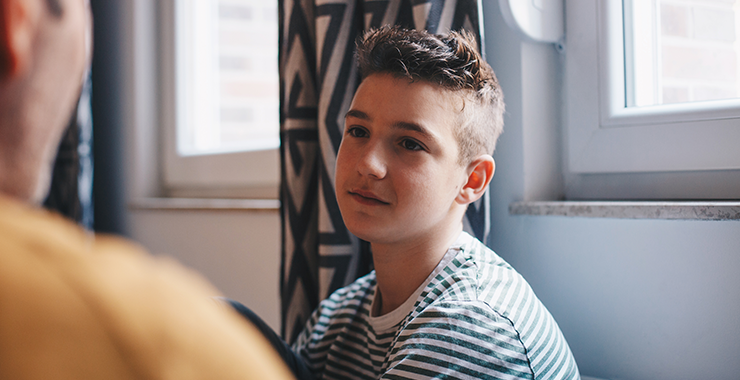Rev. Frank,
I have two children, a boy (14) and a girl (11) who, while basically good, well behaved, and followers of all the rules of modern society, look upon religion as a punishment or penance that they must endure. I attend mass when possible but the two of them are aghast at the suggestion that they should… CCD is followed and attended but only because my wife and I say so… Reading and eating together (even grace before meals on occasion) are all regular practices, but…
The oldest is making his confirmation this year and is pragmatic by nature. Consequently when I asked him about God and his beliefs the response was, “there’s no evidence” . In my years I have traveled and seen more evidence than I can relate to a fourteen year old growing up in our modern society with the prevalence of lies and deceit that is our world.
How can I describe walking into Jerusalem before dawn and visiting the holy sites while the city is just waking up? Or the experience of praying early in the morning when I first wake up. Words fail me…
Any suggestions?
Thanks for your blog as it always makes for interesting reading!
MPC

Dear MPC,
I remember your interest and assistance in my historical research about boys swimming naked in the schools and YMCA until the 1970s. Perhaps your morning prayers upon arising from sleep are also offered in a naked or semi-naked state. There is a spiritual value in standing or kneeling naked before God, who sees us as we are. Naked we are vulnerable and open to God’s grace.
You should tell your children about the religious or spiritual experiences you have had in your life, such as visiting holy sites in the Holy Land or praying when you wake up. This alerts them to the fact that not all religious experiences are to be found in their parish church. Such experiences are as far away as the whole world and as near as home.
Young adolescents are expanding their awareness of the world around them and developing their minds. They’re learning to use logic to call everything into question. But “faith is the evidence of things unseen.” That includes experiences, which are things felt, not just thought. Your son needs to experience the presence of God.
God in Christ promises to be present “where two or three are gathered in my name.” Invite your son to join you for early morning prayer and to be open to whatever arises. Use some ritual prayers but also free prayers in which you both can invite God into your day’s agenda. (You both might find doing some stretches helpful before your morning prayer to awaken both the body and the mind.)

At age 14 your son is probably striking out on his own. But he’s not ignoring your example. So continue to attend Mass as a family and occasionally tell your family what is meaningful to you about doing so. You might tell them about how encouraging and supportive it is for one’s own faith to be a part of a community of faith. It will register even if they feign disinterest.
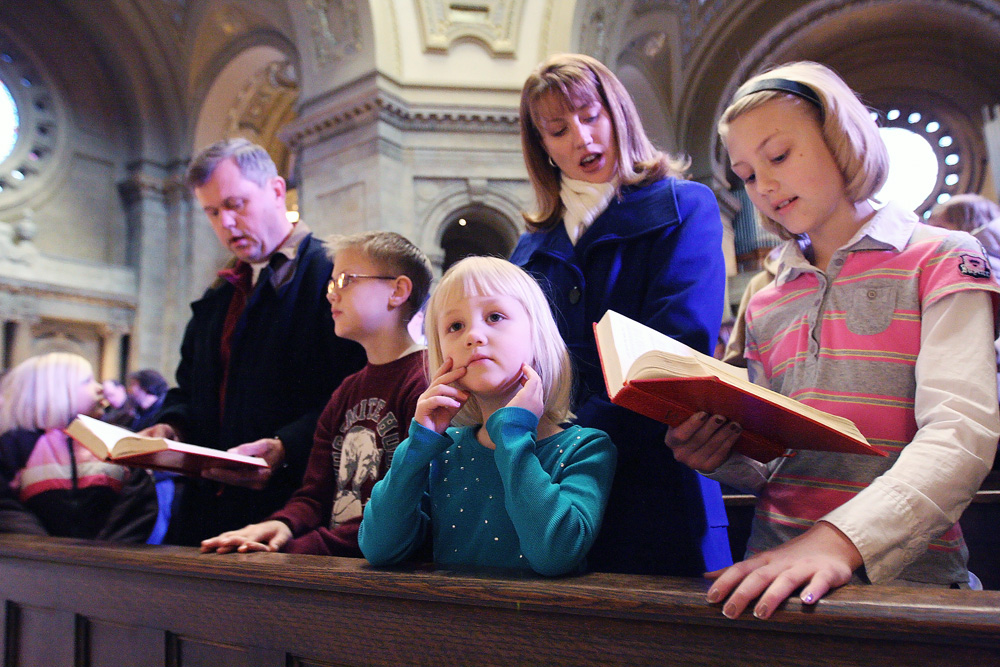
Teens learn best from peers. The time-honored approach is youth retreats with group experiences and guided conversation and small group worship. Some years ago I went on a servant trip to Kentucky with a group of adolescents from our church (which included my daughter). They had a good time together engaged in productive projects that stretched their skills and it included morning and evening prayer with debriefing of experiences at the end of the day. One of the most meaningful experiences was a visit to Gethsemane Abbey where they had an opportunity to learn about Thomas Merton and talk to real monks who had devoted their lives to prayer. That got to them and generated real discussion. It was mind blowing to them that men would live apart from the world and yet be quite content about their lives and yet be able to provide spiritual insights for those who do live in the world.
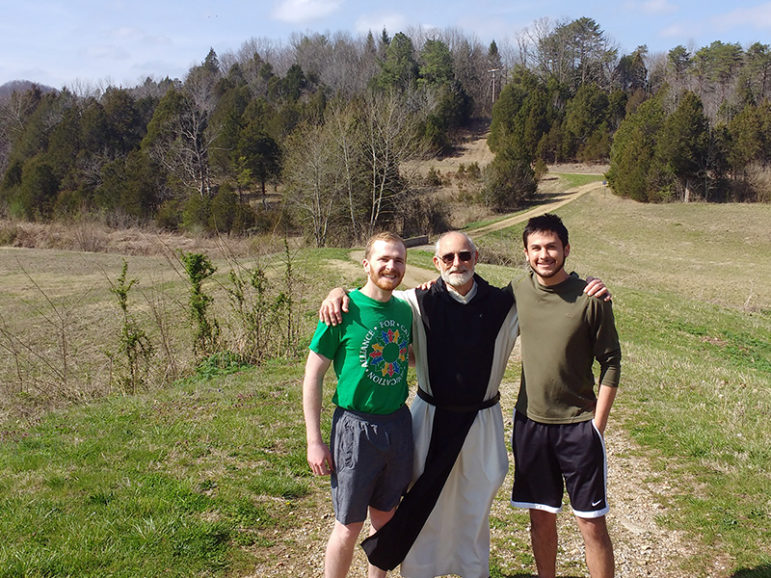
Returning to the subject of attendance at Mass: it would be good if you and your family had the experience of actively participating in the Mass and not just attending as bystanders. This includes singing and joining in processions for Communion, as well as on Palm Sunday and Good Friday and other occasions when bodily movement is in order. The more youth especially put their bodies into worship, the more they will be engaged; and the more they are engaged, the more they will take ownership of the liturgy. Catholics like rituals. So do people in all religions, more than they often admit. Children and youth like rituals. The more they can actually participate in rituals, the more they will make them a part of their religious and cultural identity.
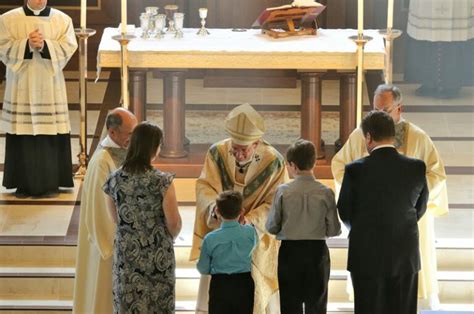
It might also be good for your kids to experience prayer and worship beyond Mass. Older youth and young adults have been drawn to Taize Evening Prayer. This is the practice of the Taize Community in France, which was founded as a Protestant (Lutheran and Reformed) monastery after World War II. It’s emphasis is on reconciliation between nations, people, and churches. The community has become very ecumentical, now attracting Anglicans, Catholics, and Orthodox. It has developed a unique form of prayer that comprises chanting mantra-like texts, often in Latin, to a type of music composed by Joseph Gelineau. The Taize chants have becomer popular in churches around the world. Some of these chants may also be sung in your parish church. But the experience of attending this service with hundreds of people sitting around in candlight and semi-darkness, accompanied by a group of musicians composed of anyone who wants to bring an instrument and join them, and keeping long periods of communal silence, can be an awesome experience.
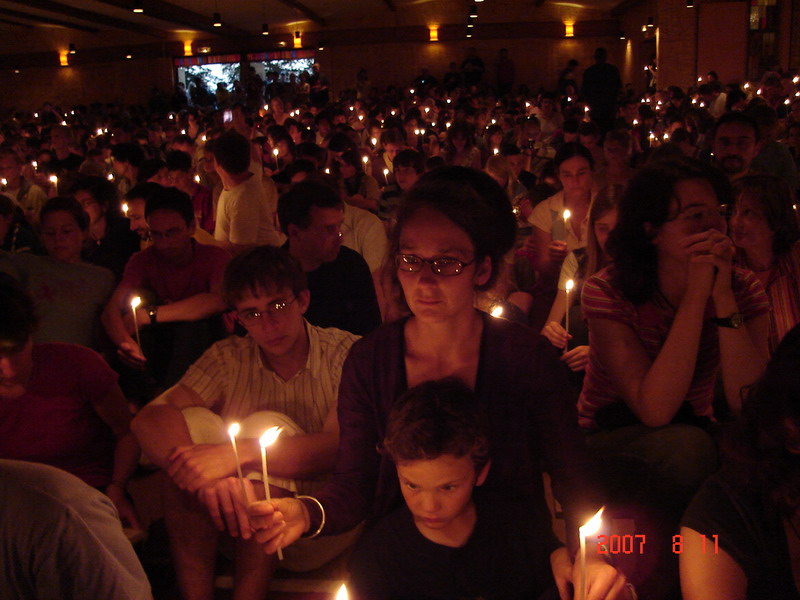
A step beyond this would be for your kids to put on albs (the white vestment) and serve as acolytes (altar servers). Unfortunately, some Catholic dioceses and parishes have issues about including girls in these roles. That’s too bad. But it’s a time-honored tradition for boys to serve with the priest at the altar. Being liturgical ministers puts youth into the center of the action at Mass. Age 14 is a great age to offer one’s service, if your son hasn’t served as yet. Many of us who went on to be priests and pastors began as acolytes. And many lay people remember their youthful service fondly.
Your son will have to discover for himself that the evidence for God comes from having a relationship with God. This relationship can be cultivated in both public and private, formal and informal situations. But you can at least put him into situations in which he might have an encounter with God.
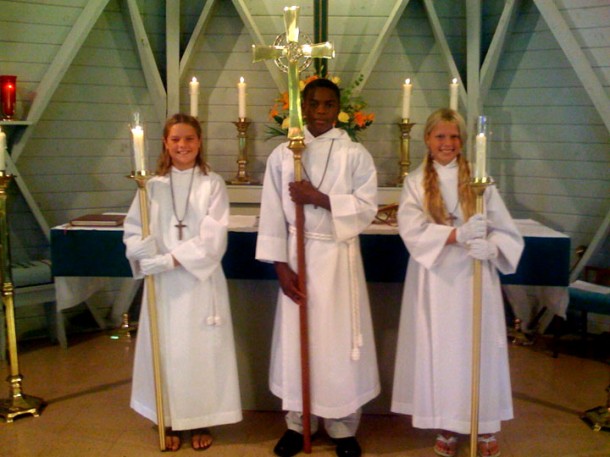
As youth get into their high school years, Sunday sports encroach on Sunday worship. Swim meets and soccer games take priority. You reach a point where its difficult to fight this. But the Catholic parishes hioffer Saturday evening masses (the iturgical day begins at Vespers the evening before). They also offer weekday masses, sometimes early in the morning. When sports replace Sunday worship, you can take your son (and daughter) to Saturday or a weekday mass. Your son might be able to vounteer as a server at one of these masses and the priest would undoubtedly welcome that.
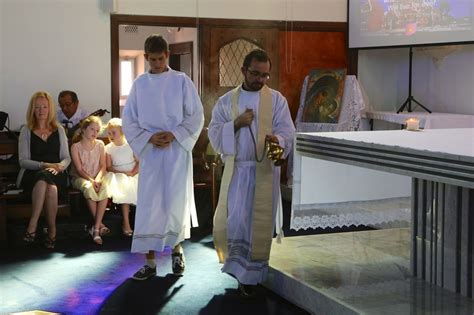
Your son needs to come to the point of acknowledging that “Faith is the evidence of things unseen”—like life experiences and religious commitments. As your son moves into his high school years he will confront more difficult questions and confusions brought about by relationships. What he has learned from you and from participating in worship may cause him to turn to God, at least occasionally, on his own. He may not find answers, but he will find peace of mind. That may be reason enough for him to turn to God on his own.
My prayers and best wishes for you and your son,
Pastor Frank


